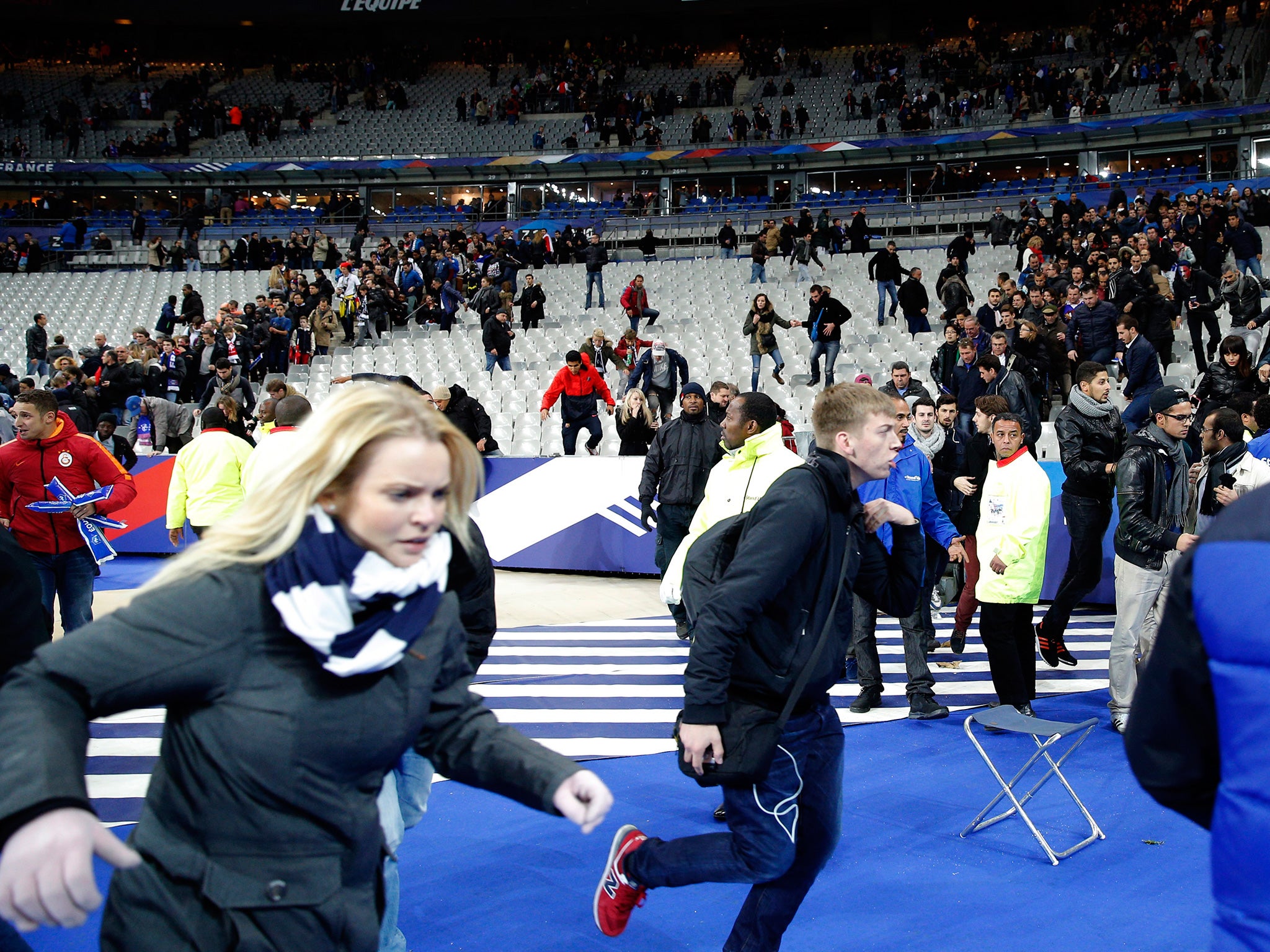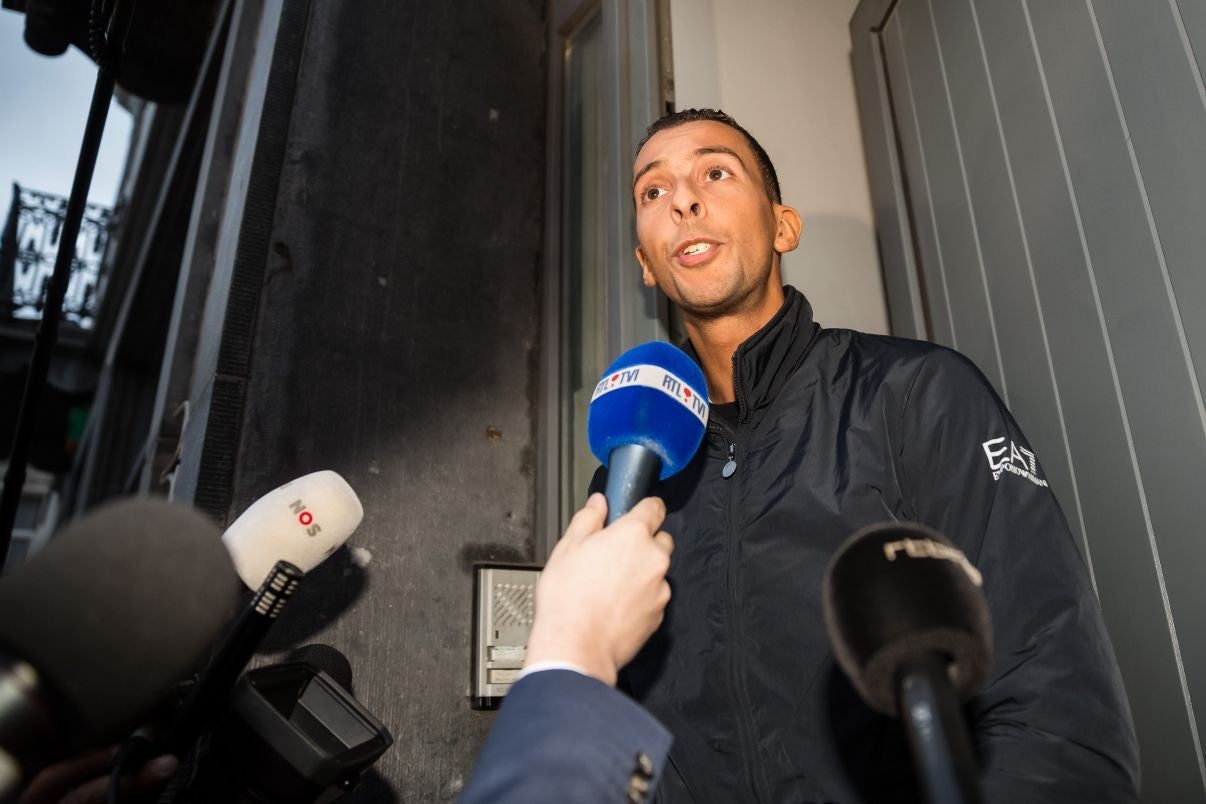Salah Abdeslam 'refused' to blow himself up during Paris attacks: 'If I wanted, there would be more victims'
His brother Mohamed claimed he regretted his role in the Isis plot

Your support helps us to tell the story
From reproductive rights to climate change to Big Tech, The Independent is on the ground when the story is developing. Whether it's investigating the financials of Elon Musk's pro-Trump PAC or producing our latest documentary, 'The A Word', which shines a light on the American women fighting for reproductive rights, we know how important it is to parse out the facts from the messaging.
At such a critical moment in US history, we need reporters on the ground. Your donation allows us to keep sending journalists to speak to both sides of the story.
The Independent is trusted by Americans across the entire political spectrum. And unlike many other quality news outlets, we choose not to lock Americans out of our reporting and analysis with paywalls. We believe quality journalism should be available to everyone, paid for by those who can afford it.
Your support makes all the difference.Salah Abdeslam’s brother has claimed he deliberately chose not to blow himself up during the Paris attacks in a decision that saved many lives.
Mohamed Abdeslam, who was arrested in the aftermath of November’s massacres but cleared of involvement by police, recounted a conversation he had with his brother in his prison cell in Belgium.
He told French television station BFMTV that Salah “deliberately refused to blow himself up” and had expressed regret over his role in the Isis plot.

“If I wanted, there would have been more victims,” he reportedly said. “Luckily, I couldn’t go through with it.”
The 26-year-old is currently imprisoned in Bruges awaiting extradition to France on charges of “terrorist murder” and participation in the activities of a terrorist organisation, namely the so-called Islamic State.
His exact role in the massacres on 13 November, when his brother Brahim blew himself up on the Boulevard Voltaire, remains unclear but investigators believe he drove a unit of attackers to the Stade de France but backed out of his role among them.
An explosive belt was found dumped in a bin in Montrouge, near where Salah called friends to take him back from Brussels as his accomplices killed 130 people in co-ordinated shootings and bombings.
He remained on the run for more than four months as Europe’s most wanted man until police finally captured him in Molenbeek in March.
Investigators named Salah as one of the key organisers for the Paris attacks, saying he had a “central role” in logistical planning, including transporting members of the terror cell around Europe and obtaining cars, remote detonators and bomb-making equipment.
But Mohamed claimed he was not aware of what would happen during the attacks, and was not involved in planning the bombings in Brussels last month.
He “knows about the attacks on 22 March because he has a TV in his cell,” he claimed, saying Salah would co-operate with French authorities.
But detectives have already linked him to the Brussels attackers, saying one of the two airport bombers - Najim Laachraoui - was stopped in a car with Salah at the Austrian border in September.
The pair were with a third Isis militant, Mohamed Belkaid, when police raided their safe house in Forest on 15 March and shot Belkaid dead.
The flat and another property used to prepare for the Paris attacks had been rented by Khalid el-Bakraoui, who would go on to blow himself up at a Brussels Metro station.
Salah is expected to be transferred to France within the next week after a Belgian court approved his extradition.
Join our commenting forum
Join thought-provoking conversations, follow other Independent readers and see their replies
Comments